Nissan Faces U.S. Lawsuit: Rogue and Infiniti Owners Sue Over Frequent Engine Failures
The Japanese automaker is at the center of a growing scandal as Nissan and Infiniti owners file lawsuits claiming their vehicles can suddenly lose power or stall while driving.
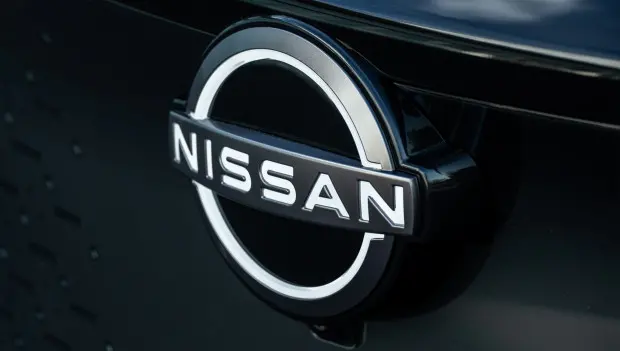
Nissan has been hit with a lawsuit in the United States after owners of new Nissan and Infiniti models alleged that their vehicles suffer from serious engine defects, putting drivers at risk on the road.
According to the complaint, the problematic VC-Turbo engines have become a major source of frustration for many customers. Instead of delivering the promised performance and efficiency, drivers report excessive vibration, unusual noises, and sudden engine shutdowns.
Lawyers representing the plaintiffs argue that the failures stem from bearing degradation and other critical component damage. They further allege that Nissan was aware of the defects but failed to disclose them to buyers.
One owner’s story
Dennis Becker of Florida purchased a new 2023 Nissan Rogue in the spring of 2024. After just 157 miles, a warning light flashed on the dashboard: Engine Malfunction Power Reduced Service Now. Shortly after, the vehicle stalled completely.
Dealers attempted multiple fixes — replacing the battery, updating software, installing new valves — but the issue persisted. Becker says his crossover never became a fully functional vehicle.
According to the lawsuit, Nissan often delayed repairs, leaving many owners to cover costs themselves once warranties expired.
“The defect occurs without warning, leaving drivers in dangerous situations when the engine suddenly loses power or shuts down entirely,” the filing states. Even in non-accident cases, repair bills frequently ran into the thousands of dollars.
The lawsuit highlights several models allegedly affected by the defect, including the Nissan Rogue (2021–2023), Altima (2019–2023), and Infiniti QX50 (2019–2023). Many owners have expressed skepticism about Nissan’s service responses, claiming that dealerships often resorted to simple oil changes that failed to resolve the problem.
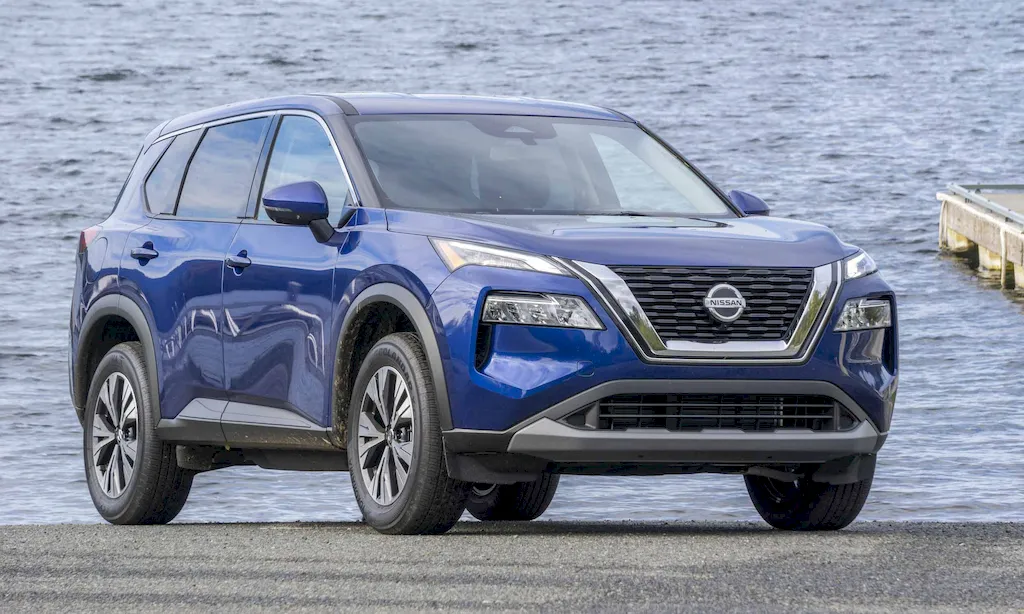
Regulators take notice
The U.S. National Highway Traffic Safety Administration (NHTSA) has also shown interest in the issue. In 2023, the agency recorded numerous complaints ranging from knocking noises to metallic debris found in oil pans.
Two engine types are under particular scrutiny:
- 1.5-liter, three-cylinder KR15DDT
- 2.0-liter, four-cylinder KR20DDET
At the time, nearly half a million vehicles equipped with these engines were on U.S. roads.
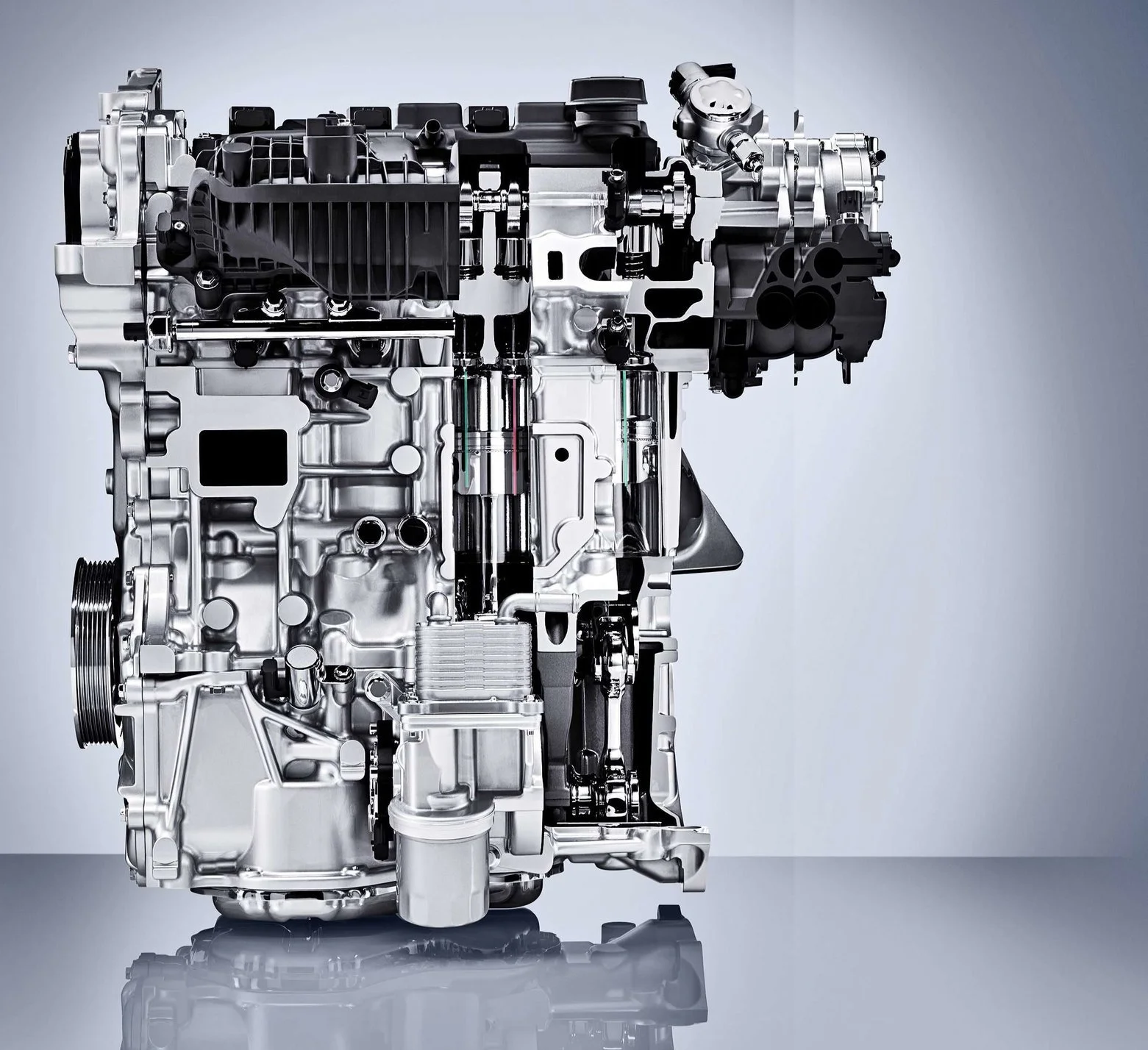
Nissan has declined to replace engines wholesale. Instead, affected vehicles are sent to service centers, where technicians inspect the oil pan. If metal shavings are found, the engine is replaced; if not, fresh oil is added and the vehicle is returned to the owner.
For 1.5-liter engines, additional measures include updating ECU software and replacing a gasket, while the 2.0-liter engines generally receive only an oil change.
Earlier this summer, Nissan narrowly avoided a massive recall of 2 million vehicles in connection with suspension concerns in Altima and Maxima models. Despite reports of cracks and corrosion, regulators deemed the risk “manageable” and limited their response to issuing safety recommendations.
You may also be interested in the news:
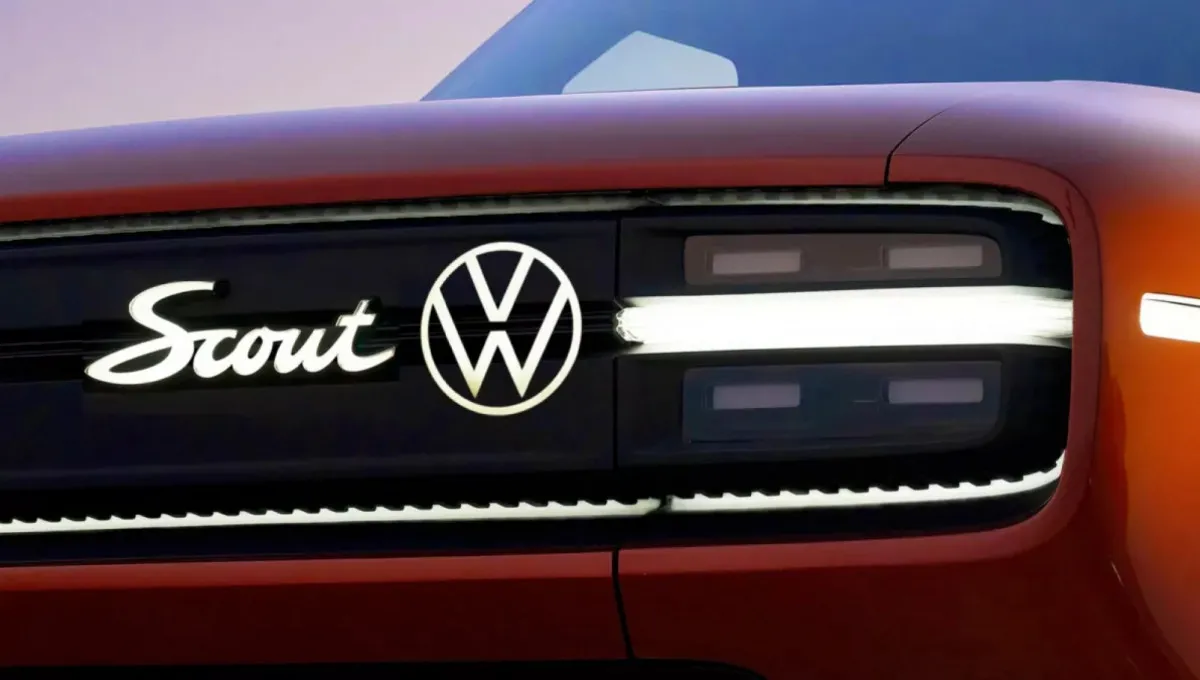
Scout Has 150,000 Reservations — And a Huge Problem With VW Own Dealers
Scout Motors hasn’t begun full production of its pickups and SUVs yet — but it has already amassed a massive reservation list.

Ford Rolls Out $3,500 Cash Back Deal on 2026 Explorer SUV
Right now, buyers can pick up a 2026 Explorer and receive a $3,500 consumer rebate.
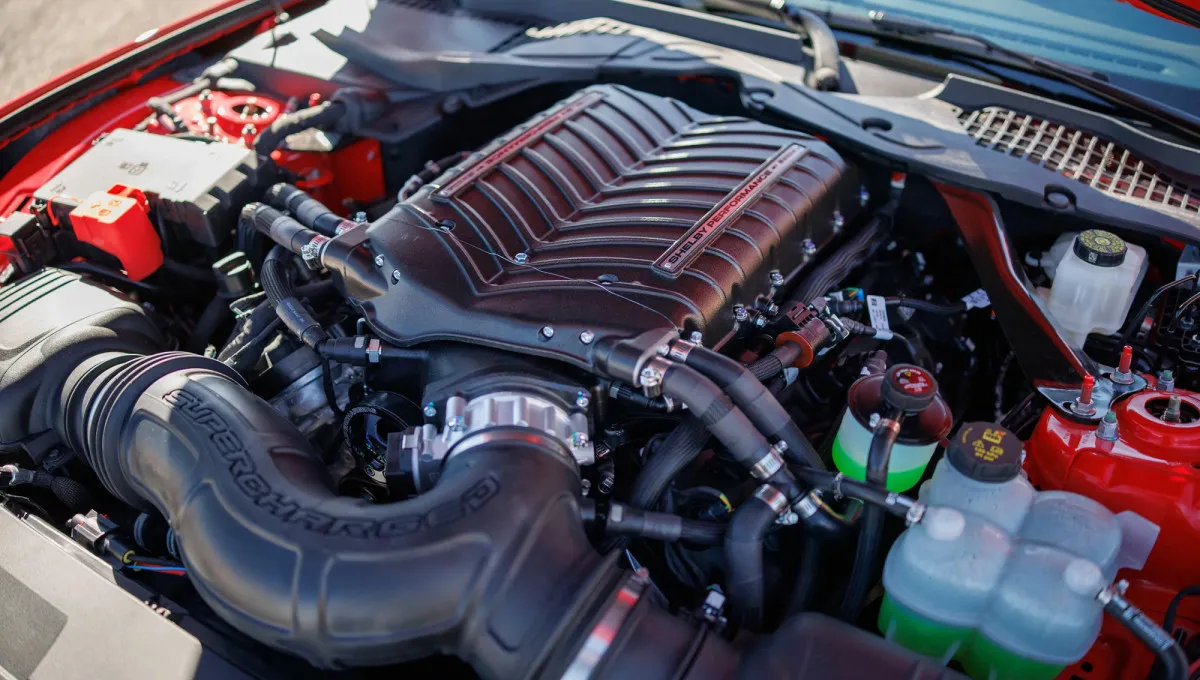
Ford Adds 3.0-Liter Superchargers to V-8 Mustangs and F-150s, Unlocking Up to 810 HP
The factory-backed upgrades run about $10,000, and they’re covered by a 3-year/36,000-mile warranty.

Six of the Most Resale-Friendly Non-American Crossovers Popular on the U.S. Market
The crossovers with the strongest resale value in today’s American market.
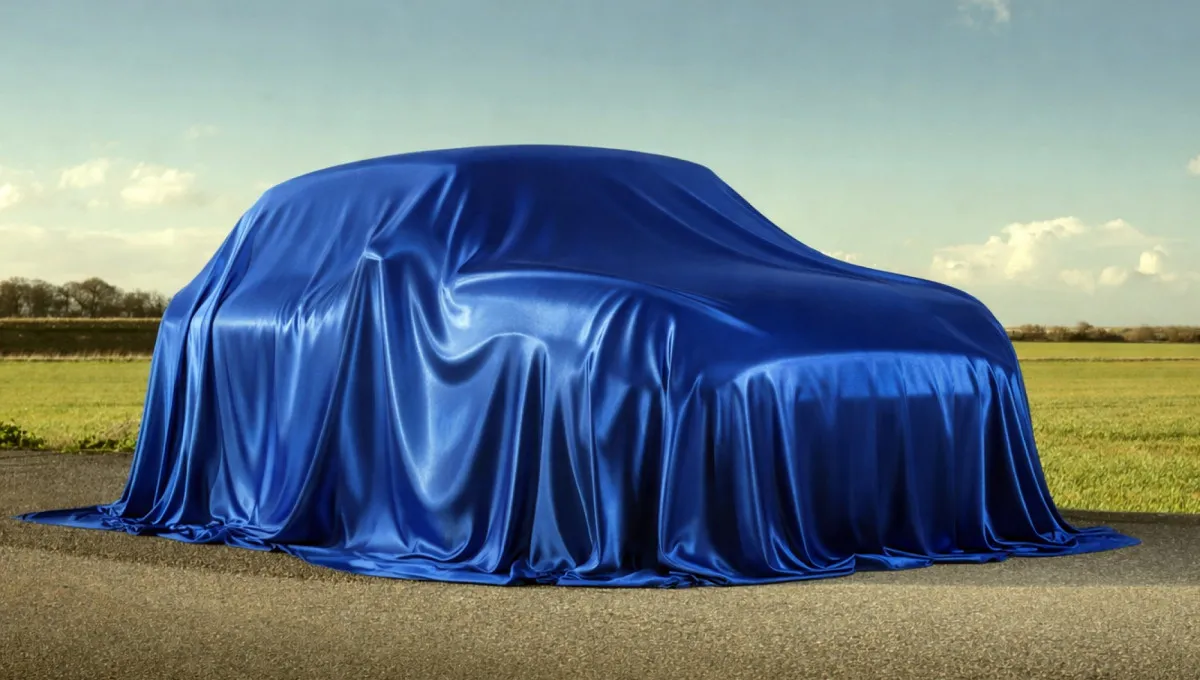
The Most Popular Cars Among Women: Style, Convenience, and Comfort
For many women, choosing a car isn’t just about transportation — it’s an extension of personal style, comfort, and confidence behind the wheel.